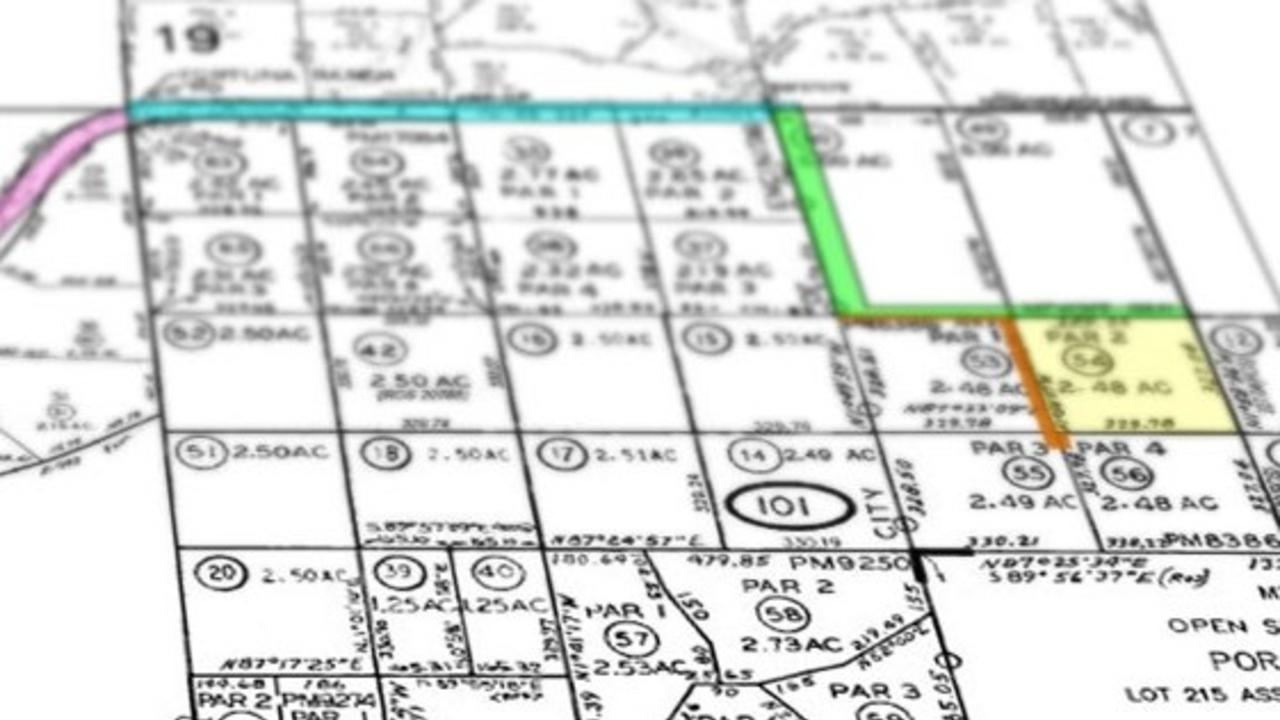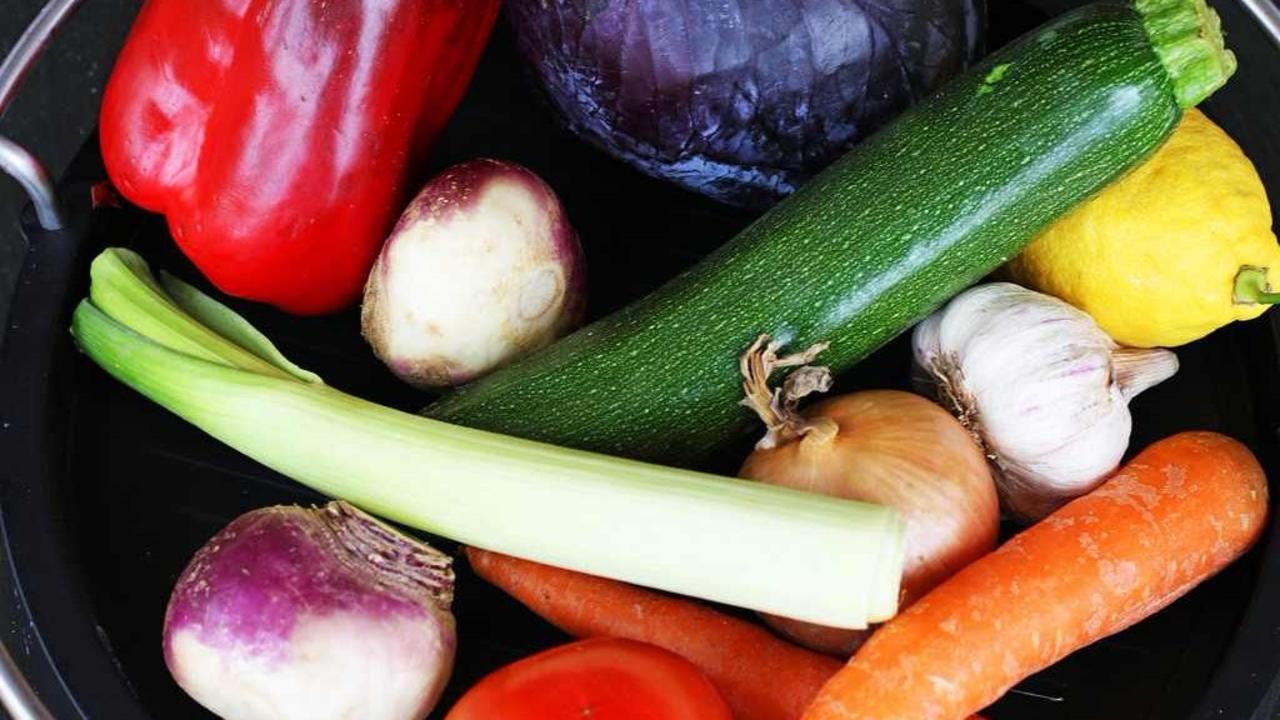San Diego County APN Lookup

If you know a street address for a San Diego County property then this APN lookup tutorial will help! As landscape designers and installers, We use this San Diego County APN lookup process for parcel data all the time. Thankfully, San Diego County has a helpful online service that allows property owners to get a quick, distilled summary of their parcel data based on an Assessor's Parcel Number (APN).
APN Lookup
Knowing your APN is key to getting information out of governmental agencies. Without an APN, some agencies can lookup relevant data using a street address, but the APN, much like a Social Security Number, is best for finding the data you need. Visit San Diego County's GIS page (SANDAG GIS) and enter your address in the search box. Then, click on your parcel and a popup shows with relevant data including your APN. Highlight and copy that APN number to your clipboard and we'll use it later in this tutorial. You may also want to write it down for future reference.

Use SanDAg's...
How to Start a Vegetable Garden

Spring is in the air – It’s time! Your neighbors have been pumping out greens and their veggies are already starting to look promising. Starting a veggie garden is straightforward and simple. Get a friend, get creative, and get growing! In this installment of Get Your Garden On, we share tips on locating your veggie garden, choosing planting areas, soil amending, and more. Let's get dirty!
Determine your exposure.

Most vegetables need at least eight hours of full sun every day. Flowers and other ornamental type plants have different sunlight needs, depending on the variety. Check out what sort of light your yard gets throughout the day. Go out in the morning, noon-time and late afternoon to get an idea of how the sunlight moves across your yard and note the sunny and shady areas. Don’t be discouraged if you don’t have 8 hours of full fun, you can get creative with how to reflect extra light towards your growing area. Check out this handy veggie growing chart to get an idea of what ...
NRCS Web Soil Survey: Gather Site Soil Info for Free

Any ecological landscape design must take the soils into consideration. This includes the mineral makeup and underlying bedrock to determine subsoil types. These will help start a rough outline for addressing specific areas to test with percolation, soil analysis, and composition.
Web Soil Survey: Useful, free government tool for soil and other data analysis
The National Resources Conservation Service (NRCS) has a free online tool for analyzing your site's data. The free PDF that they provide at the end of your survey includes a to scale site map that you can then import into your designs. It helps shave a bit of time off my homework before we do a site assessment (that video to come). Here is a walk through using the NRCS's Web Soil Survey. If you have other tricks using the NRCS's online tool, let me know and I can include it in future edits.
